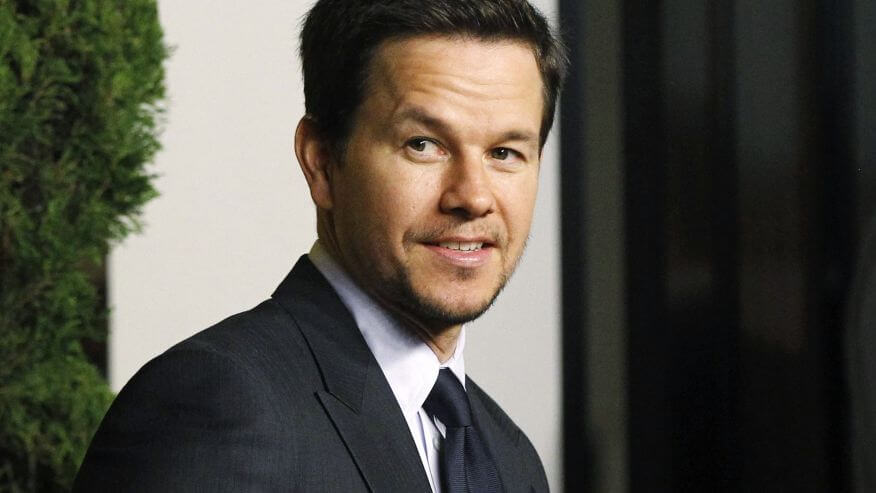Leaders from the local Asian community are of two minds over actor Mark Wahlberg’s bid for clemency Wahlberg’s recent application for a pardon would wipe from his record a brutal, racially charged assault on two Vietnamese men that occurred in 1988.
“He has not reached out to our community and I think he should,” said Binh Nguyen, the president of the Vietnamese American Community of Massachusetts. “He should do that to prove that he really wants his record to be clean. It looked like he just wanted to file the application and move on to his business.” News of Dorchester native’s application for a pardon emerged last week; Wahlberg had filed it with the state’s Board of Pardons in late November.
However, Nam Pham, executive director of the Dorchester-based nonprofit Vietaid, said he was open to Wahlberg being pardoned, citing the actor’s charity work and the fact that the U.S. is a “country of second chances.” “If it would help him be a better person, if it would help him be a better father for his family, I would support it,” Pham said. “He’s a new person according to what we’ve heard. He’s a totally changed person. If each us of us would be more forgiving the world would be a much better place.” Dorchester, said Pham, is home to about 20,000 Vietnamese, which constitutes one third of the state’s Vietnamese population.
In 1988, Wahlberg, then 17, struck the two men while trying to steal two cases of beer from a store on Dorchester Avenue. One of the victims was blinded in one eye. Wahlberg, now an A-list actor and producer, wants his record cleared, reportedly to become a reserve police officer in Los Angeles. Wahlberg’s conviction prevents him from owning and using a gun. Tu Anh Phan, an organizer with Dorchester Organizing & Training Initiative, which trains young Vietnamese, said if he does receive a pardon it would show the local Vietnamese community aren’t viewed “as a strong body of folks.” “I think an important thing to get out of this situation is that Vietnamese love living in Dorchester,” he said. “They’re really proud to be living in Dorchester and in order to build to build this community you need to respect the Vietnamese community. And in Wahlberg’s case, it was a total disrespect to the community.” He did not think Wahlberg should be allowed to become a reserve police officer.
“That’s an even more alarming part of this story, that’s very dangerous, the idea that someone who has this history of brutal violence and racism could become a cop,” he said.
Prior to Wahlberg’s pardon application making the news, Paul Watanabe, director of the Institute of Asian American Studies at UMass Boston, said he was unaware the actor’s criminal past included incidents of “vile attacks” and racial slurs. “I am in favor of him and thousands being allowed to make their case for a pardon,” he said. “I’m in favor of him making the case, but he should get in line to do so.”
Watanabe said he was not in a position to say whether Wahlberg had truly changed his character.
“How does anyone make that judgment?” he asked.
Asked if he felt Wahlberg was a product of a racist community, Watanabe said “An entire community should not be held responsible for an individual but what he did is not in isolation of course.” Allistair Mallillin, executive director for the Asian American Resource Workshop, said his organization is disappointed by Wahlberg’s request and suggested it is an example of white privilege.
“There is much privilege inherent in Wahlberg’s request, and we believe that this must be investigated,” he said. “Asian American populations, and particularly Southeast Asian communities, experience consistent and immense racialized criminalization and violence, and we cannot let this situation slide past without acknowledging that. Mark Wahlberg continues to live and thrive regardless of his pardon because of white privilege, and that must be at the center of any conversation on this issue, whether or not his request is granted.”
Should Mark Wahlberg be pardoned?

Reuters


















